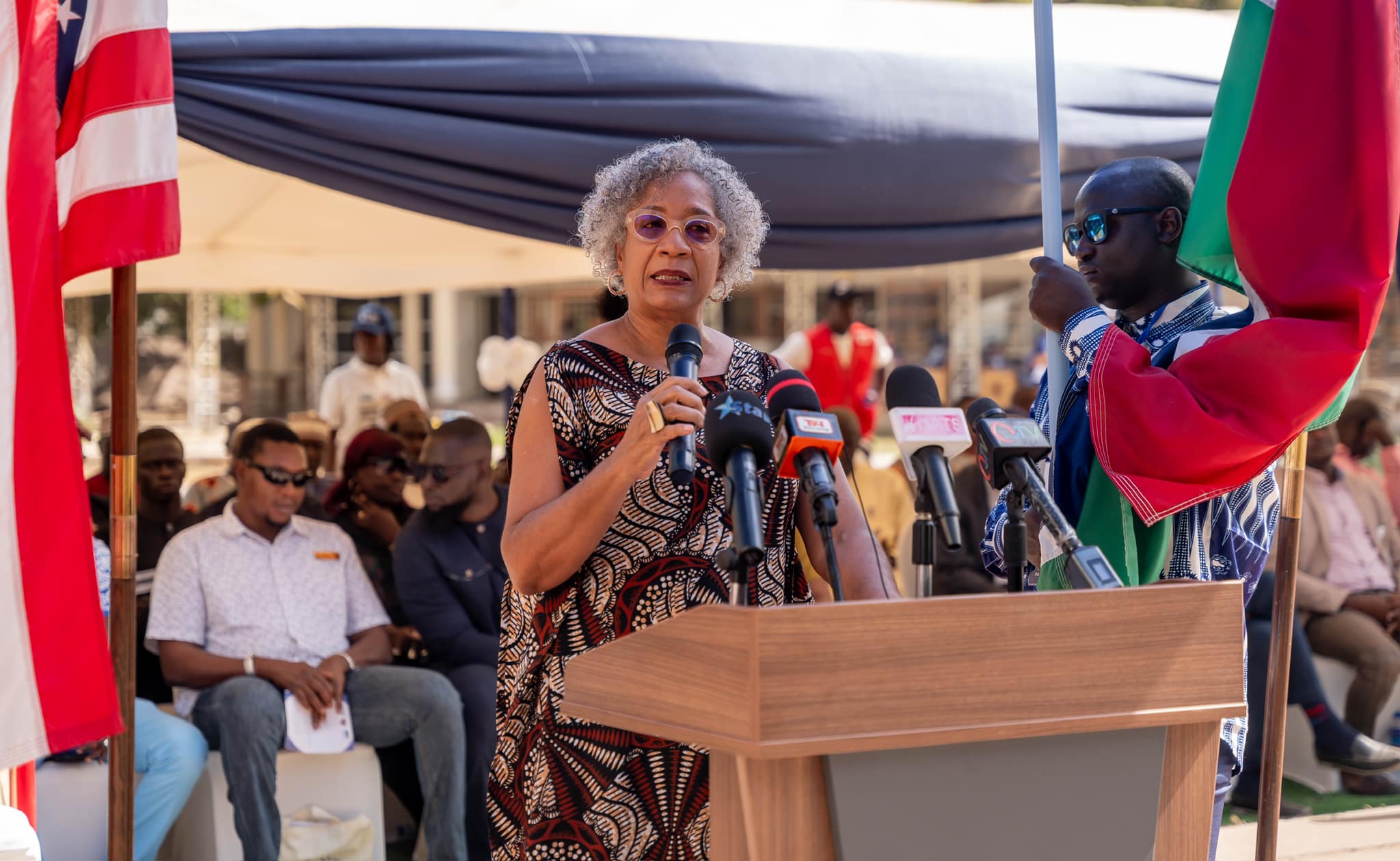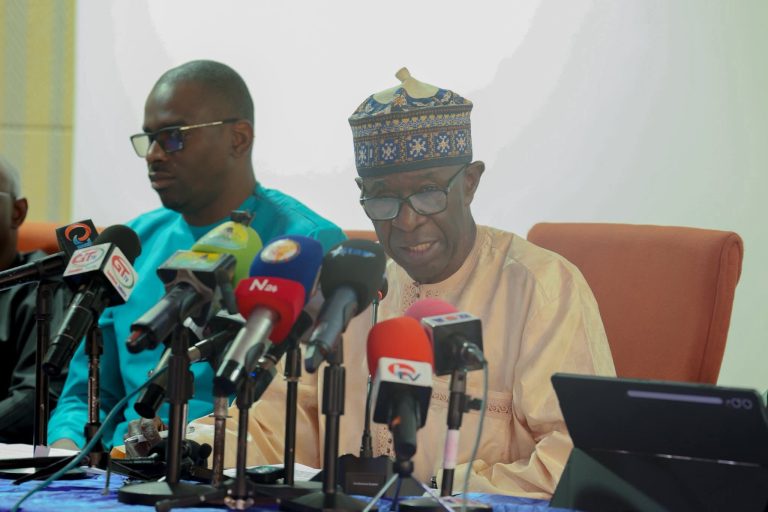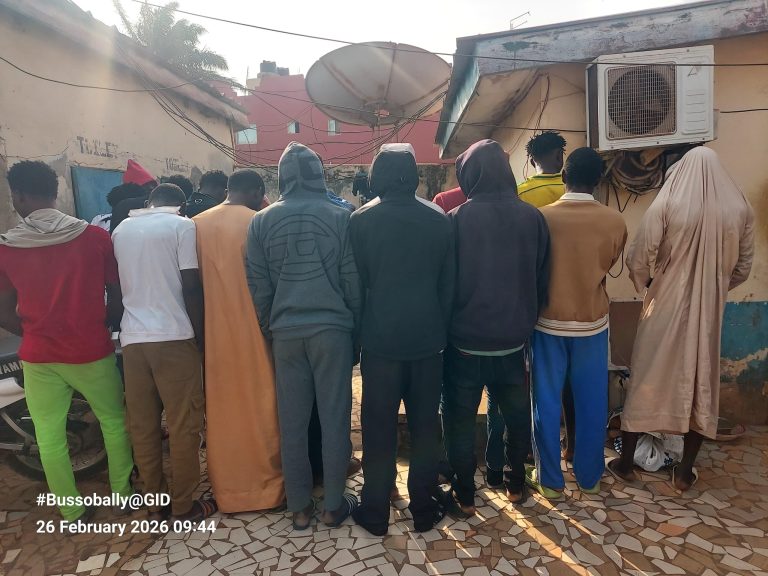
Sharon L. Cromer, U.S. Ambassador to The Gambia
Opinion Editorial To Honor Women’s History Month, Stand Up for Women’s Rights and Well-Being. By Sharon L. Cromer, U.S. Ambassador to The Gambia In the United States and around the world, the entire month of March is devoted to celebrating women’s roles in history. I would be remiss if I didn’t also recognize the courageous women of The Gambia who are making history by forging a new democracy.
Countless women farmers, teachers, health care providers, entrepreneurs, civil society, community, government representatives and assembly members are working tirelessly every day to create a better future for their families, communities, and the nation. One such woman is Fatou Baldeh, the Gambian human rights activist and founder of Women in Liberation and Leadership (WILL), who was honoured at the White House as a 2024 International Woman of Courage, the highest honour given by the United States to women worldwide.
When Fatou bravely spoke of the need to safeguard women’s human rights, she received a standing ovation from the White House audience which included First Lady, Dr Jill Biden, and U.S. Secretary of State Antony Blinken. It was moving to watch this incredible daughter of The Gambia speak so honestly and fearlessly. Fatou made history because of her unyielding belief that Gambian women and girls deserve to live free from harm. As we celebrate women’s achievements during this month, we must commit to the health and safety of Gambian women and girls.
Women can only realize their true potential when free from discriminatory behaviours, limited opportunities, and harmful practices. A country’s well-being and prosperity depend on the well-being of its women and girls. This is true for the United States, and it is true for The Gambia. President Biden has put the empowerment and inclusion of women and girls at the heart of our foreign policy, and I have made it a priority for our Embassy’s work in The Gambia. That is why we are making significant investments in many sectors to promote girls’ and women’s education, economic advancement, and health.
However, it is difficult to move forward when basic protections roll backwards. Supporting –not hindering –women and girls at every stage of their lives is not just the right thing to do, it is necessary for societal progress and economic prosperity. That means protecting the health of women and girls, providing training and education, and helping them become leaders. As U.S. Secretary of State Antony Blinken highlighted in observance of International Women’s Day, if we were able to achieve workforce parity for women around the globe, we would add $28 trillion to the global economy. That number is staggering, and a clear case of missed opportunity when policies and practices hold women back. 2 Today, there is an ongoing debate in The Gambia regarding practices that jeopardize the protections that safeguard the basic health and safety of women and girls.
Unfortunately, Fatou and many other women and men who have defended the need to maintain these safeguards are being threatened on social media and elsewhere. These threats go against the precious freedoms that the Gambian people have fought so hard to take back, especially the freedom of expression. It is in support of the voices of these brave Gambian women and men that I offer this statement. Gambian women and girls – daughters, sisters, mothers, and aunties — work selflessly every day for the betterment of their families, communities, and the nation. Show them your love and appreciation by standing up, speaking out, and supporting their health, safety, and well-being.




